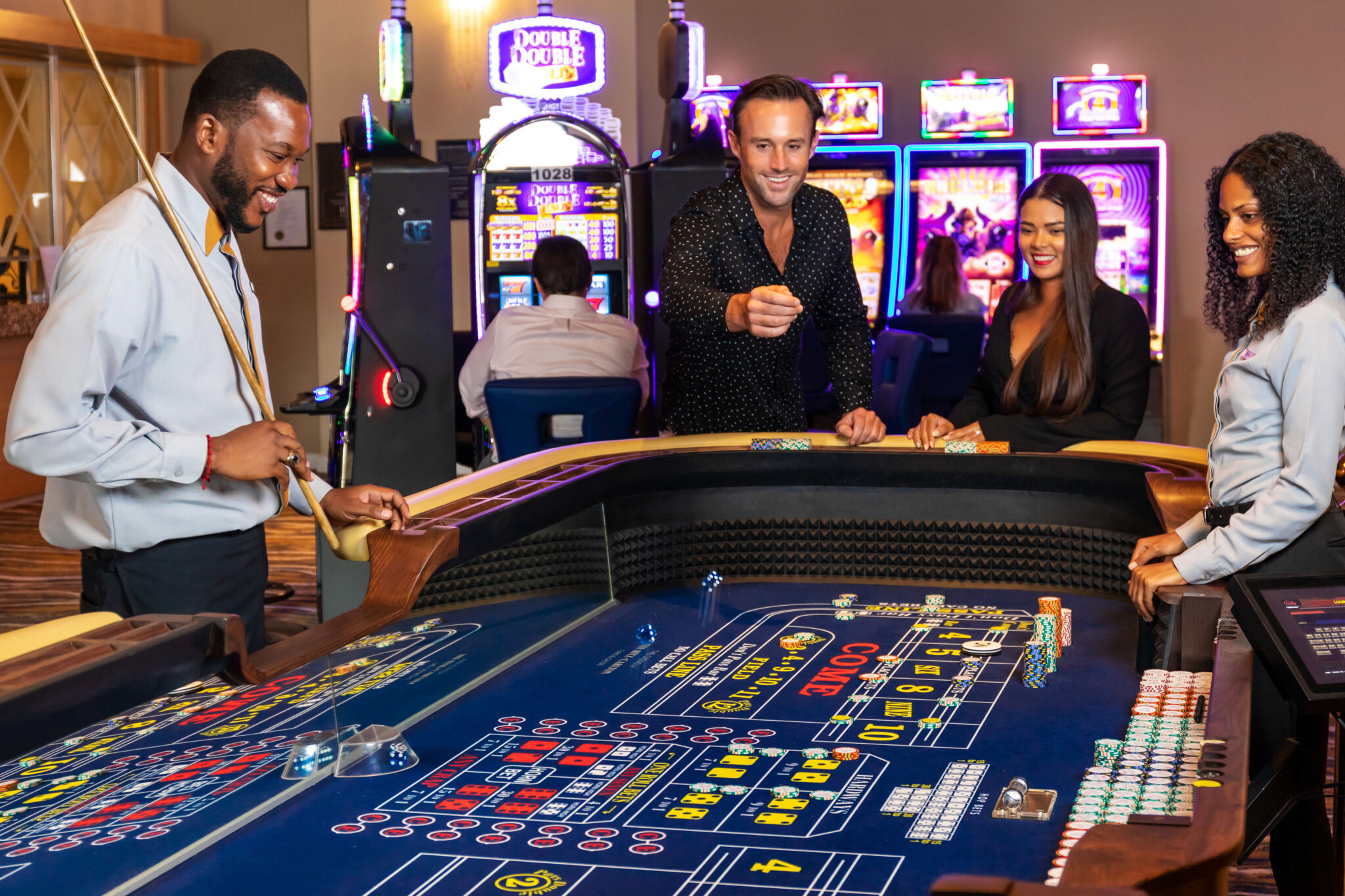
In the world of gambling, where chance and strategy meet, a unique tapestry of beliefs emerges—one that intertwines luck, fate, and the enigmatic nature of casino games. Casinos, bustling with excitement and anticipation, are not just venues for placing bets; they are also arenas where superstitions thrive. Ranging from the novice player to the seasoned gambler, these mysterious practices often shape how individuals approach the games they play, holding the belief that their actions can affect the outcome in ways that go beyond mere probability.
When players gather around roulette wheels, blackjack tables, and slot machines, the atmosphere is thick with stories of lucky charms, rituals, and codified behavior that defy logic yet provide a sense of comfort. It could be the case that it’s wearing a specific outfit, following a particular sequence of bets, or even avoiding certain numbers, the attachment to various superstitions reflects a deep-rooted desire to master the uncontrollable. This article delves into the captivating world of casino game superstitions, investigating the beliefs that both entertain and mystify those who dare to play.
Historical Roots of Superstitions
Gambling activities have long been interwoven with an array of superstitions that trace to primitive societies. The origins of these ideas can be connected to humanity’s fundamental desire to influence the unpredictable outcomes connected with fortune and randomness. In early civilizations, activities of chance were often tied to spiritual practices. Players would call upon favor or request favor from deities, believing that their actions could change the odds in their favor. This basis laid the groundwork for the multitude of superstitions that proliferated as betting evolved over ages.
During the medieval age, betting became a common hobby across the continent, and with it, a colorful tapestry of superstitions emerged. Participants adopted numerous rituals and charms, believing they could influence the results of games. The significance of digits, in particular, began to appear in superstitions related to card games and dice. The number 7 was often considered favorable, while various numbers carried negative connotations. These notions mirrored the cultural contexts of the time, evolving as they transferred through generations and changed to different gaming environments.
As gambling houses appeared in the 1600s, particularly in the Italian peninsula and the French nation, the atmosphere surrounding betting became steeped in mystique. The growing openness of gambling activities allowed for the spread and diversification of superstitions among players. Concepts like fortunate charms, special seating locations, and rituals gained importance, creating a distinct culture within betting houses. As these practices continued to thrive, they became essential to the character of casino games, illustrating how history and culture shape the belief systems that influence how gamblers connect with fortune.
Popular Gambling Myths
Beliefs surrounding gambling games are abundant and varied, mirroring the dreams and fears of players as they participate in random games. One of the most common beliefs is that certain numbers bring luck or bad luck. For example, the digit 7 is often seen as a favorable digit, frequently sought after by players looking for a positive result. Conversely, the digit 13 is routinely considered cursed, leading many players to avoid it during their gambling periods.
A common belief relates to rituals that gamblers believe can affect their odds. Trang chủ 78WIN Whether blowing on dice before a throw, using a specific hand to place a wager, or even putting on particular items of clothing, many people feel that these actions can tilt fate in their favor. These rituals offer a feeling of power in an otherwise unpredictable environment, strengthening the idea that luck can be created through personal beliefs and habits.
Lastly, the environment and atmosphere of the gambling house itself contributes to myths. Many gamblers suggest that the presence of specific icons, such as four-leaf clovers or fortunate tokens, can enhance their chances of winning. Additionally, players might hold to the belief that winning streaks can be halted by mundane occurrences, such as a person passing by or a spill at the table. The shared environment in a casino can amplify these beliefs, creating a communal culture of myths that goes beyond single experiences.
Impact of Superstitions on Players
Superstitions play a crucial role in the mindset of gamblers, often influencing their behavior and decision-making. Many gamblers think that fortune can be influenced through different rituals, such as wearing a lucky charm, choosing particular hues, or steering clear of particular digits. This reliance on superstitions can create a sense of control in an environment that is intrinsically unpredictable. Players often feel more confident and engaged when they believe that their actions could sway the outcome of a game in their advantage.
The impact of these superstitions extends beyond singular players, affecting the overall atmosphere inside the casino. For instance, a player who believes in the luck of a particular slot machine might attract a crowd, as onlookers are intrigued by their apparent success. This collective belief can amplify excitement and create a lively environment, leading to an captivating experience even for those who may not necessarily be believers themselves. The buzz around certain games can lead to higher participation and extended playing sessions, supporting the casino’s lively social scene. 78win.id
In some cases, superstitions can lead to harmful effects for players. Relying too much on rituals can result in bad gambling decisions, as some may ignore basic strategies in favor of baseless beliefs. Additionally, the pressure to perform rituals may heighten anxiety and tension, detracting from the enjoyment of the experience. Ultimately, while superstitions can enhance the excitement of playing casino games, they can also lead to unwise choices that overshadow the fun and entertainment intended in the casino experience.